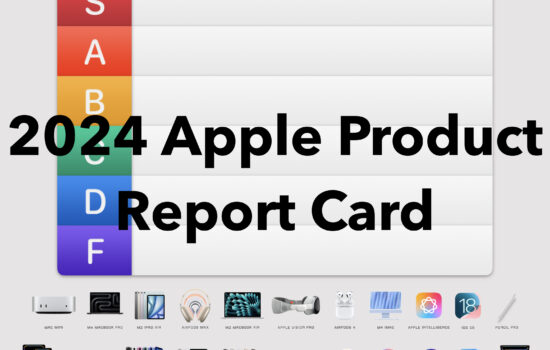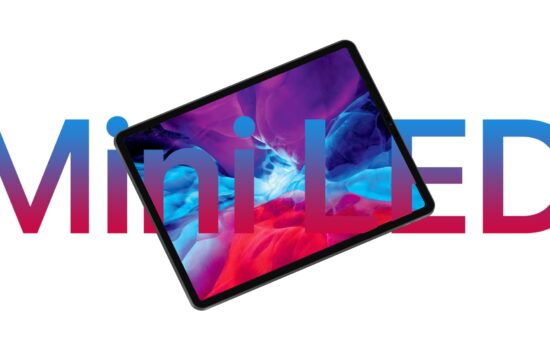According to Mark Gurman’s latest edition of his Powered On newsletter, he expects the upcoming 11th generation of the base-model iPad to feature the A17 Pro chip like the latest iPad mini. The last update to the standard iPad is with the 10th generation which debuted in October 2022. It initially started at $449, but Apple dropped the starting price to $349 in May 2022 when it introduced the M2 iPad Air and M4 iPad Pro. So almost two and a half years, we should see a real spec update to that iPad sometime in March or April. Although support for Apple Intelligence is going to be the biggest new feature for this budget-friendly iPad, it was unclear which chip Apple would use for this iPad. Here’s why:
Starting with the iPhone 13 lineup, Apple uses different variants of Apple Silicon for its standard and Pro models:
- iPhone 13 with A15 chip (4-core GPU) and iPhone 13 Pro with A15 chip (5-core GPU)
- iPhone 14 with A15 chip (5-core GPU) and iPhone 14 Pro with A16 chip
- iPhone 15 with A16 chip and iPhone 15 Pro with A17 Pro chip.
The A17 Pro chip that debuted in the iPhone 15 Pro is Apple’s first chip to use the first-generation 3nm process and it enables hardware-accelerated ray tracing, mesh shading, and AV1 hardware decoding. However, this process does have its downsides: relatively low yields, more costly overall, and not-so-major performance gains over previous generations. That’s why Apple moved quickly from the first-generation 3nm process to the second-generation 3nm process with the M4 chip, over six months after Apple debuted the M3 family (1st-gen 3nm). Fast forward to September, with the launch of the iPhone 16 lineup, Apple broke tradition by introducing the standard and Pro models with the same generation of Apple Silicon. The iPhone 16 and iPhone 16 Pro use the A18 chip (5-core GPU) and A18 Pro chip (6-core GPU), respectively.
The following month, things started to get interesting. Apple launched the seventh-generation iPad mini, which features the older A17 Pro chip instead of the A18 chip to support Apple Intelligence. Apparently, Apple has had several of the binned variants of the A17 Pro lying in the factories for production of the iPhone 15 Pro, so Apple would use up what they have to save production costs overall. Additionally, the A17 Pro chip found in the latest iPad mini has a 5-core GPU (vs. 6-core GPU on iPhone 15 Pro).
With that said, it’s now clear that Apple is not finished with the older 1st-generation 3nm process, so Apple may also bring the same A17 Pro chip variant from the iPad mini to this 11th-generation iPad. Also, putting an A18 chip on the iPad 11 would be an unprecedented move since it could increase the starting price yet again when Apple tries to make that iPad as budget-friendly as possible, and the base-model iPad always has an Apple Silicon chip that is at least generation behind of that of the smaller iPad mini. Apple is also expected to update the iPad Air this spring, and it may feature the M3 chip to avoid possible cannibalization with the higher-end iPad Pro. Similarly, Apple may as well continue to sell the M3 13-inch MacBook Air when it updates the MacBook Air with the M4 chip. So this iPad lineup would line up perfectly for this coming spring:
- base iPad: A17 Pro (1st-gen 3nm process)
- iPad Air: M3 (1st-gen 3nm process)
- iPad Pro: M4 (2nd-gen 3nm process)
We’re just a few months away from Apple’s first product launches, so we’ll know the final details for sure.








